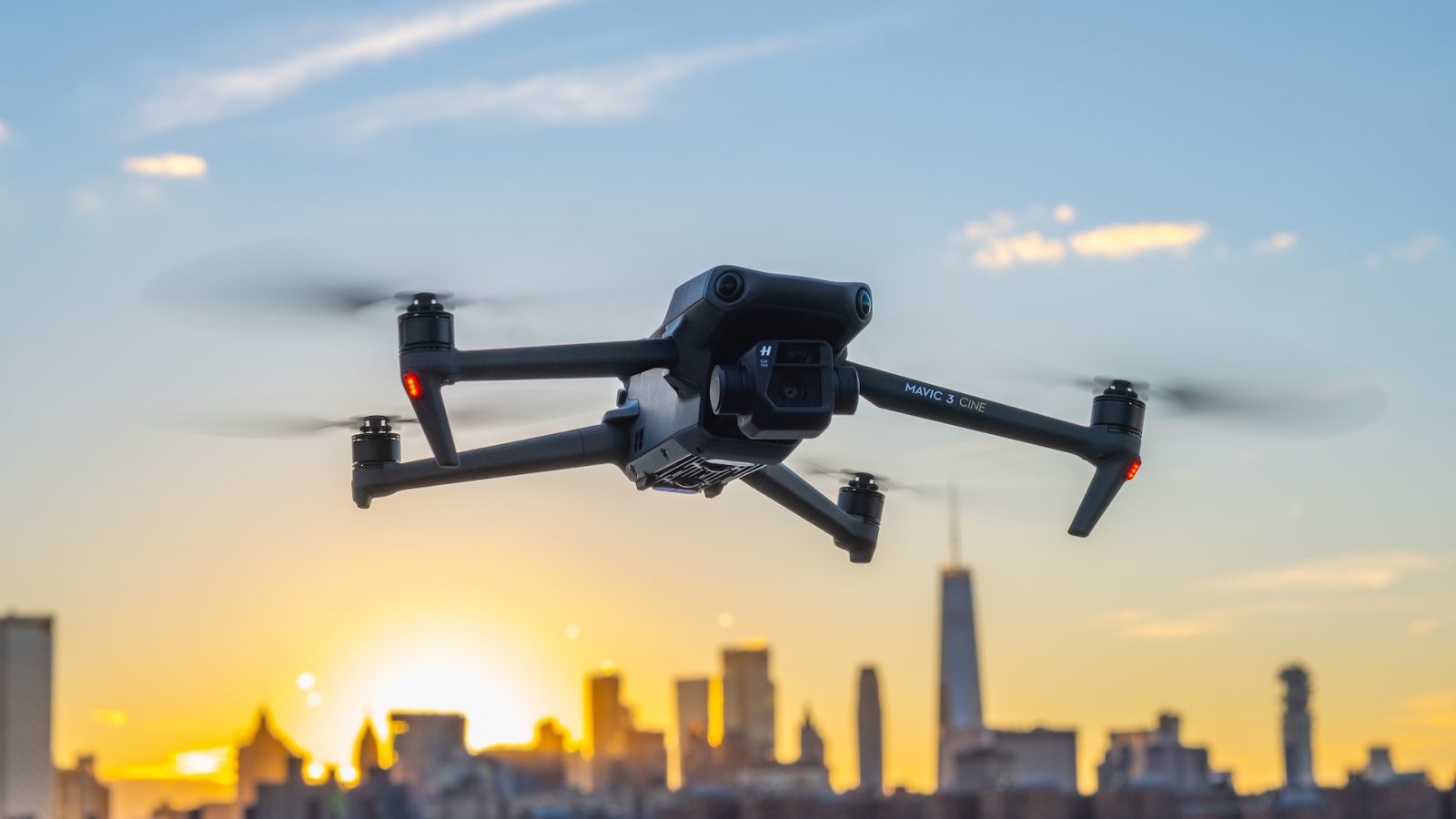
As their revered political hero famously phrased it, “there you go again.” A pair of Republican legislators has joined the conga line of officials in Washington striking tough positions against China with another bill seeking to broaden US bans on DJI drones – this one with potentially far-reaching consequences.
The newest legislative offensive against US and world market-leading drone producer DJI came this week in a new bill tabled by hard-right GOP House members Elise Stefanik and Mike Gallagher. As they did so, the duo echoed earlier (and thus far unsupported) claims the company is controlled by and leaks user data to the ruling Chinese Communist Party (CCP).
Their Countering CCP Drones Act reflects the aims of previous bills – both those performatively announced and forgotten, and some actually passed – to widen the blacklisting of DJI drones by US agencies. It proposes amending the 2019 Secure and Trusted Communications Networks Act, and add the company to the existing “Federal Communications Commission’s (FCC) Covered List, meaning that DJI technologies would be prohibited from operating on US communications infrastructure” – the latter detail having potentially enormous consequences.
Read more: US Department of Defense statement says DJI products pose ‘potential threats’
Indeed, by prohibiting certain internal DJI communications tech “on US communications infrastructure,” if passed the bill would effectively ban any company craft from operating via FCC-funded, -administered, or merely -overseen assets.
“As the radio is core to a DJI product, this would be a blanket ban on all US sales, across consumer, enterprise, military, etc.,” noted DroneAnalyst’s David Benowitz on Twitter. “A bit wider in focus that I think most would expect. While concerns may make sense for critical infrastructure, hard to justify a consumer drone ban – especially with current alternatives (or lack thereof).”
The two-page initiative in the purported defense of US security doesn’t bother making the usual hearsay accusations against DJI that most bills have. Instead, its authors resorted similar jargon-y allegations inspired by Trump-appointed FCC and bill supporter Commissioner Brendan Carr, whose earlier attack on DJI called it “a Huawei on wings.”
“DJI drones pose the national security threat of TikTok, but with wings,” Stefanik said in seeking to inject a more useful reference to Carr’s inspiration (and repeating his erroneous claims about drones having wings). “The possibility that DJI drones could be equipped to send live imagery of military installations, critical infrastructure, and the personal lives of American citizens to China poses too great a threat. Allowing this practice to continue in the US is playing with fire. This Chinese-controlled company cannot be allowed to continue to operate in the US.”
As noted, neither this bill nor similar legislation has produced evidence to underlying allegations DJI is controlled by or serves China’s government – that despite evidence presented elsewhere of Beijing forcing other private companies in China to do its bidding (and few illusions anyone has about the CCP’s nefarious espionage work). Ditto claims that data on DJI drones are leaked back to state servers.
It does, however, include a year-old, single media report the company has received funding from state-linked interests – something DJI flatly rejected at the time, and since.
Read: Blacklisting redux: GOP legislators targeting DJI anew
It also, notes that “(o)ver 50% of drones sold in the US are made by” DJI, and that despite successive blacklisting covering various federal organizations, the craft remain “the most popular drone(s) in use by public safety agencies.”
Inclusion of those details inadvertently underlines the continued preference and use of DJI drones by federal agencies – including the FBI and Department of Homeland Security – as more efficient and better value than other options despite the purported data threat they represent. That, presumably, is proof of consumer and market forces at work as a good thing, not a menace.
Yet in stressing that business reality, the bill’s authors also tip their hand that this current push – like those before it – is largely if not entirely anti-competitive protectionist initiatives. Those have sought to use worsening US-China relations as a pretext for assisting US drone companies to undermine DJI’s continued commercial dominance, despite all the blacklisting going on – not exactly a page out of Adam Smith’s playbook.
FTC: We use income earning auto affiliate links. More.




Comments